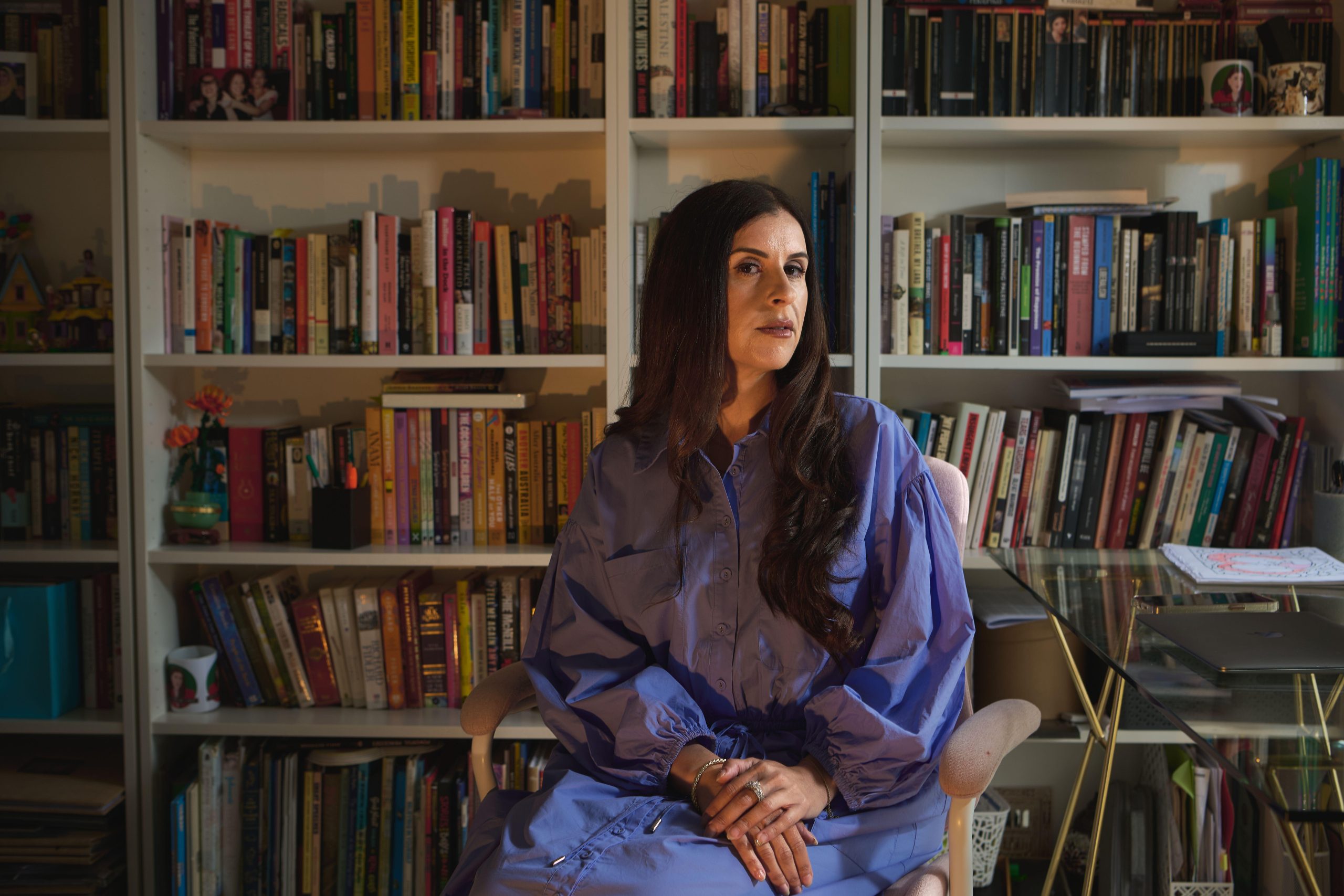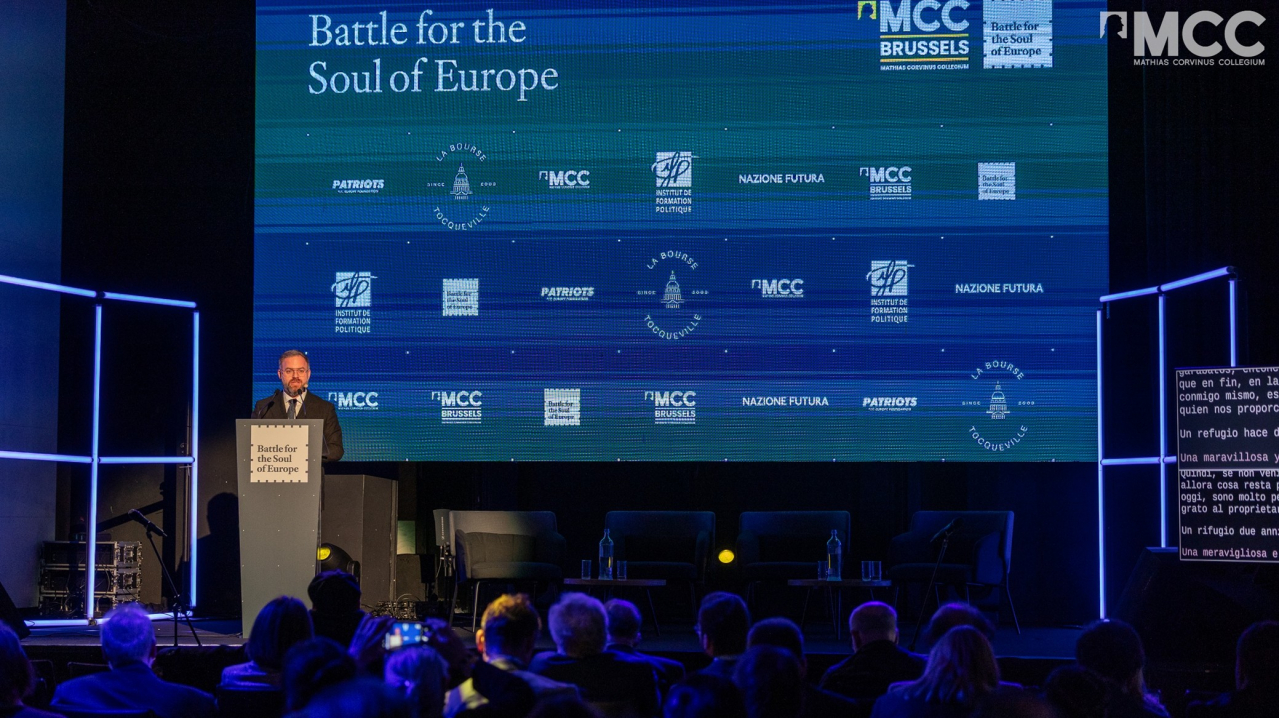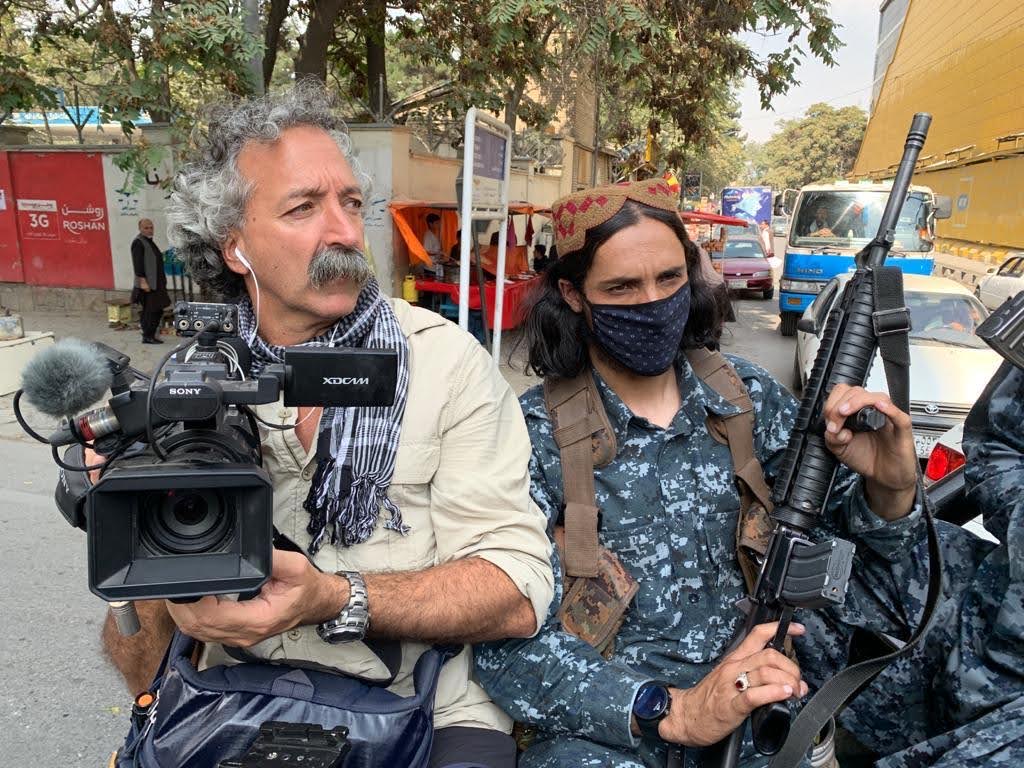Unless the government has it in mind to ban the Bible, the new law announced by the government this week proposing to outlaw homophobic hate speech will be ineffective.
The major source of homophobic hatred in our society is from religious groups. Almost every single anti-gay group in Britain is religious. These groups hide behind their ‘holy’ texts, and unless the law has the backbone and resolve to ban these texts and to prosecute the priests, imams and rabbis who quote them, it is wasting its time trying to clamp down on anti-gay hate-speech.
The proposed law will bring itself into disrepute and serve only to trivialise homophobic violence if it were only ever used against dim-witted Big Brother contestants and drunk Oxford students, while ignoring religious leaders – the most guilty.
Leviticus 18:22 says: ‘If a man also lie with mankind, as he lieth with a woman, both of them have committed an abomination: they shall surely be put to death; their blood shall be upon them.’
If one sincerely wants to stop the promotion of anti-gay hatred through text and speech, then it makes no sense to let this passage stand while seeking out paraphrases of this pronouncement to prosecute. Yet we all know that the government won’t be banning the Bible, Quran, Torah, or any other religious text – and nor should they.
As a secularist, I want the ugly face of religion to be facing forward in clear daylight where their odious opinions and beliefs can be held up to scrutiny and debate.
If I sound cynical, it is with good reason. This country already has a perfectly good law prohibiting the incitement to violence and murder. But – at least as far as gay people are concerned – it hasn’t offered very much protection at all.
Jamaican dancehall acts like Buju Banton have been allowed to perform in this country without the threat of prosecution for their lyrics which glorify the murder of gay people. The record companies and retailers who distribute their albums have never been charged. Dr Mohammed Naseem, a prominent member of the Respect Coalition, has never been charged, despite his Islamic Party of Britain advocating a return of the death penalty for some homosexual conduct. Nor have any of the far-right groups found themselves in the dock.
Is a new law going to have any greater effect? I don’t think so.
Nevertheless, I don’t think that all those who oppose the introduction of this law are being very honest.
Ironically, the fiercest opposition on the grounds that this law would obstruct freedom of expression and conscience comes from the religious lobby – the group most likely to call for books, plays, television programmes and art exhibitions to be banned.
On the other side, some think that this proposal should be opposed on the same grounds that the ‘incitement to religious hatred’ was. But there is an obvious difference. Religion is simply a form of ideological belief. Beliefs and ideologies should obviously be open to scrutiny, and even hated if they are unpalatable. Race and sexual orientation are not. The religious lobby – such as the ‘Christian Institute’ – complains that this will stifle debate around homosexuality, but frankly there is no longer any debate to be had. Sensible people agree that a person’s sexual orientation is an immutable part of them and not a whim or fancy adopted to defy God. ‘Debating homosexuality’ is as reasonable as debating whether being black is a good choice.
Furthermore, many who complain on free-speech grounds do not seem as quick to call for the repeal of the Race Relations Act. It seems like hypocrisy. It always appears to be the case that these laws are only seriously challenged when gay and lesbians ask for the same protections as other minorities. Perversely, by not including gay people while providing legal protection on the grounds of race and religion, the signal might be sent that it is actually okay to hate gays. Either all minorities must be protected, or none.
And, let’s be honest: few can doubt that curbing the expression of open racism has had a positive effect in transforming Britain for the better. Perhaps it could be argued that making people stop and think before they speak enhances the quality of the speech that follows. This consideration should not be dismissed to readily.
Certainly, those who have campaigned against ‘Murder Music’ performers like Banton, have been accused of blocking free speech. But incitements to violence are themselves the enemy of free speech. Free speech is a social good because it facilitates the free exchange of ideas in society. If one party attempts to instigate violence, then they are in effect shutting that process down. Ideas cannot be freely exchanged; debate cannot continue.
In view of that, of course I want a law against inciting violence. But we already have one, which seems to be wasting away. Under most circumstances, it is illegal to harm people or to kill people. It makes sense therefore that it is illegal to incite others to do so. It is not, however, illegal to hate. One might say it makes little sense then that inciting people to hate is to be criminalised. But can there be any doubt that violent actions don’t begin with hatred?
That’s what makes this issue so hard to judge.
On balance, I’d rather people were free to speak their minds and I was free to confront them, and we all knew where everyone stood. Prejudice, bigotry, ignorance and bluster – all are best diffused by shining a light on them, not forcing them underground.
Alas, if this new law passes, not only will you have to guess what your opponents are thinking, a lot of guess-work will have to go into deciding what incitement is, and what hatred is. It’s all very confusing and made more so by the fact that the debate so far has been in emotive and abstract terms. So far, not one statement from government, not one news report I’ve read has given a clear example of a previous incident which would be made criminal. We’re not even sure what (or who) we’re talking about. Who are these people this new law aims to stop? Why aren’t fingers being pointed?
If it passes, this new law will lay down a minefield when a simple line in the sand is all that’s required.
Brett Lock is editor of Gay Humanist Quarterly and a campaigner with Outrage!. He writes in a personal capacity.




